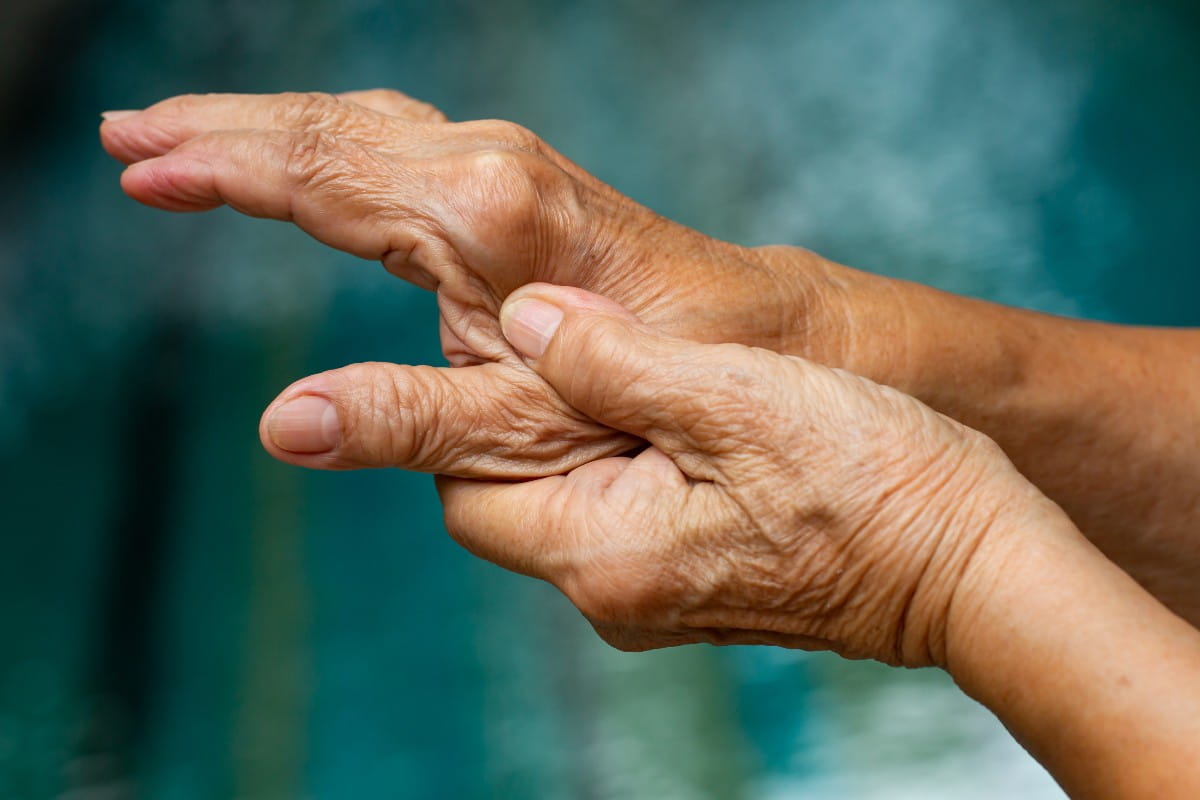You may be surprised to learn that your skin is an organ, just like your brain and heart. Skin acts as a protective barrier for the rest of your vital organs and tissues. But, because of its job, skin is exposed to damage continuously.
“Cancer starts when cells are damaged and start to duplicate. When skin is repeatedly exposed to damage day in, and day out, as is the case with sun exposure, cancer is more likely to develop,” says Lauren Salmon, D.O., medical oncologist with Riverside Health.
Exposure to ultraviolet or UV rays from the sun or tanning beds is the most common cause of skin cancer.
All skin cancer is not the same
Skin cancers are not all the same. Some skin cancers grow slowly and are easy to treat, and others are more aggressive and don’t respond as well to treatment.
“Think of skin cancer as an umbrella term that encompasses a few separate and distinct conditions,” says Dr. Salmon.
Types of skin cancer include:
- Basal and squamous cell carcinoma
- Melanoma
- Merkel cell cancer
- Lymphoma of the skin
- Kaposi sarcoma
Basal and squamous cell carcinomas are the most common skin cancers. This type of cancer develops in the top layer of skin in areas that see the most sun, like the head, neck and arms.
Fortunately, basal and squamous cell carcinomas are highly treatable, often requiring only minor surgical removal or other localized treatment.
Protect your skin and prevent cancer
Shielding your skin from UV rays is one of the most effective ways to prevent skin cancer. Don’t worry, that doesn’t mean staying inside on a beautiful day! But, you will have to lather up or cover up to protect your skin from damage.
Take a few minutes before you go outside to:
- Put on sunscreen
- Add sun protecting accessories such as a hat and sunglasses
- Layer on a shirt or swim cover-up
Keep tabs on moles and spots
To help prevent skin cancer, check your skin regularly for any new or abnormal spots. You may need to use a mirror to check your back and other areas you may not be able to see well.
The American Cancer Society recommends evaluating suspicious spots with the ABCDE criteria:
- Asymmetry: Is it symmetrical or the same on both sides?
- Border: Are the borders irregular, ragged or notched?
- Color: Is it more than one color?
- Diameter: Is it larger than one-fourth of an inch across?
- Evolving: Does it change over time?
If your spot meets any of these criteria or if you’re not sure about it, it’s time to get a professional opinion.
To have your suspicious spot checked or for a full routine skin check, schedule an appointment today.



